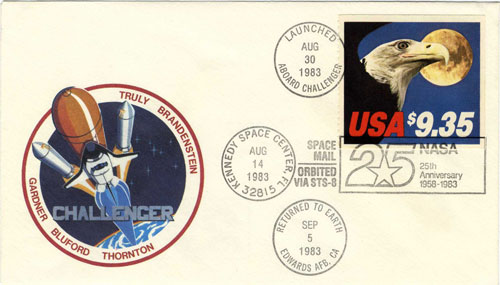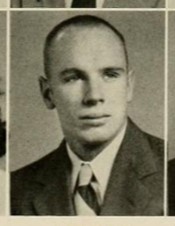
UNC-CH alumnus and former NASA astronaut William “Bill” Thornton, who used his own inventions to measure and combat the ill-effects of microgravity while on board two Space Shuttle missions, has died at the age of 91.
Born in Faison, N.C., Thornton received two degrees from UNC-Chapel Hill–a B.S.from in physics in 1951 and an MD in 1963–before enlisting in the U.S. Air Force. He was selected by NASA to be part of its second group of scientist-astronauts known as the XS-11 class in 1967. NASA told the group that they would likely wait for some time before heading into space.

Sixteen years passed before Thornton launched on the first of his two Space Shuttle flights as a mission specialist aboard the Challenger on August 30, 1983. Thornton was added to the crew primarily to observe their susceptibility to space adaptation sickness (SAS), a condition that affects the vestibular system as the human body adapts to microgravity. Thornton’s work on the 1983 flight led him to invent a treadmill for use aboard the Space Shuttle. The 1983, six-day STS-8 mission also deployed a weather and communication satellite and carried more than 260,000 stamped envelopes.
On April 29, 1985, Thornton again launched aboard the Challenger for his second space flight. The seven-member crew worked in two teams around the clock on more than a dozen experiments in the Spacelab module. They conducted experiments using the first laboratory animals in space and exercised on the space shuttle treadmill invented by Thornton.
Thornton served 27 years with the space agency before retiring in 1994. During the course of his two expeditions, he logged 13 days, one hour and sixteen minutes in space. For his service to the nation’s space program, Thornton received the NASA Exceptional Service Medal, NASA Exceptional Scientific Achievement Medal, and two NASA Space Flight Medals.
